Health
-
Lin Test
text with link. This is a quiz. Some text Name Name Quo modo autem philosophus loquitur? Tecum optime, deinde etiam cum mediocri amico. Invidiosum nomen est, infame, suspectum. Name Name…
-

Gender-affirming care is rare, study says
Fewer than 1 in 1,000 transgender youth receive hormones or puberty blockers

-

Nature offers novel approach to oral wound care
Slug’s sticky mucus inspiration behind adhesive hydrogel that can seal wounds in wet environment

-

Time for a rethink of colonoscopy guidelines?
Change informed by new findings would help specialists focus on those most at risk, researcher says

-

Should pharmacists be moral gatekeepers?
‘The problem is not opioids,’ says author of ‘Policing Patients’ — it’s overdose, pain
-

The deadly habit we can’t quite kick
Actions by tobacco companies worry researcher even amid ‘dramatic decrease’ in smoking among young Americans

-
‘Game Changers’ puts muscle behind plant-based diet
“The Game Changers” brought a panel of athletes and experts to tout the benefits of a plant-based diet to Harvard.

-
Coronavirus likely to infect the global economy
A Harvard Business School expert says effects will strengthen as manufacturers everywhere feel the pinch of slowing one of the world’s largest economies.

-
Targeted drug shows promise in advanced kidney cancer
Harvard researchers at Dana-Farber Cancer Institute have developed a novel targeted drug that shows promise in advanced kidney cancer by interfering with the abnormal blood vessel formation that fuels tumor growth.
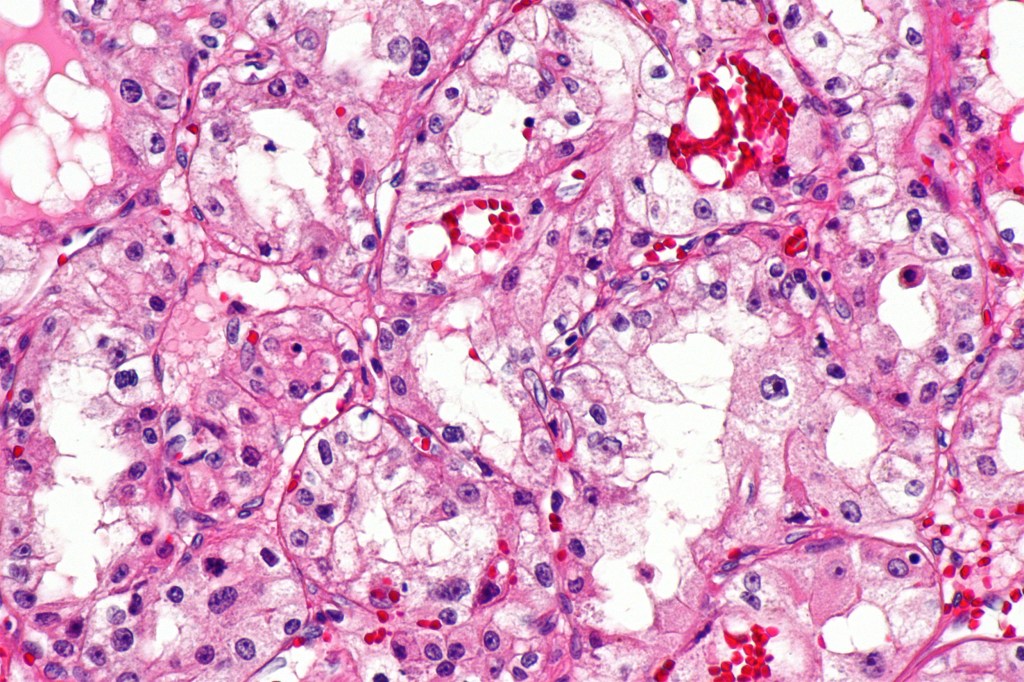
-
Coronavirus likely now ‘gathering steam’
Harvard’s Marc Lipsitch said evidence indicates that the international cordon keeping coronavirus cases bottled up in China is a leaky one, and it’s likely that the relative handful of global cases reported so far are undercounted. If true, that will lead to widespread illness internationally, including in the U.S.

-
Heatwave = heat stroke = ER visit
Bringing climate change into the examining room by discussing links between a warming environment and the everyday health of patients.
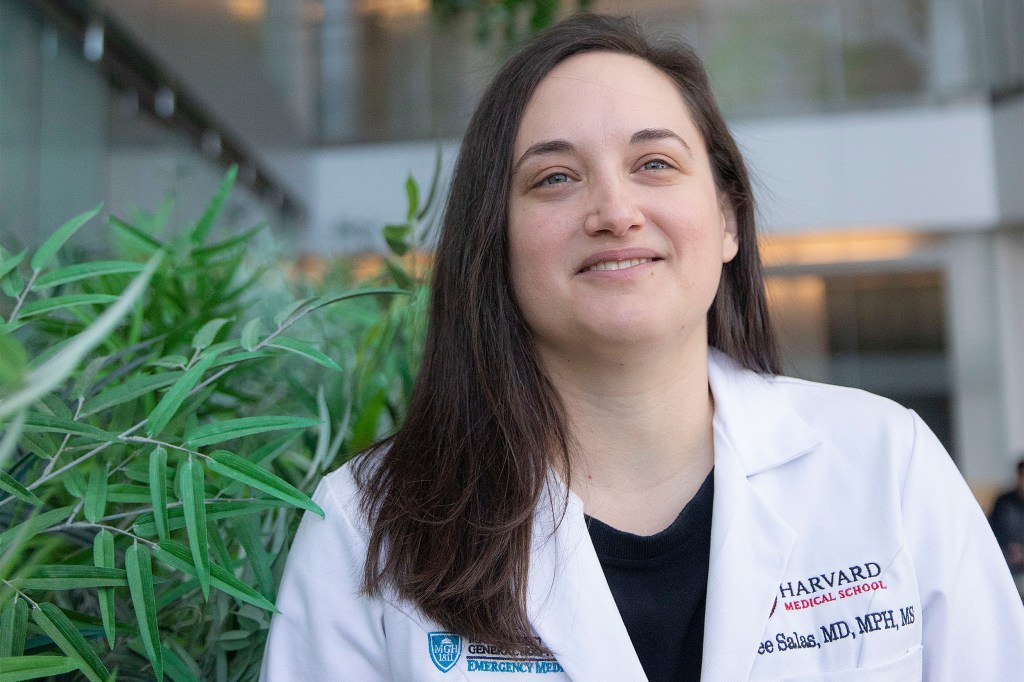
-
Antioxidant reverses most BPA-induced fertility damage in worms
Treatment with a naturally occurring antioxidant, CoQ10, restores many aspects of fertility in C. elegans worms following exposure to BPA. The findings offer a possible path toward undoing BPA-induced reproductive harms in people.

-
Coronavirus cases hit 17,400 and are likely to surge
Harvard epidemiologist Michael Mina said as many as 100,000 people are likely already infected with the new coronavirus, with many more likely to come.
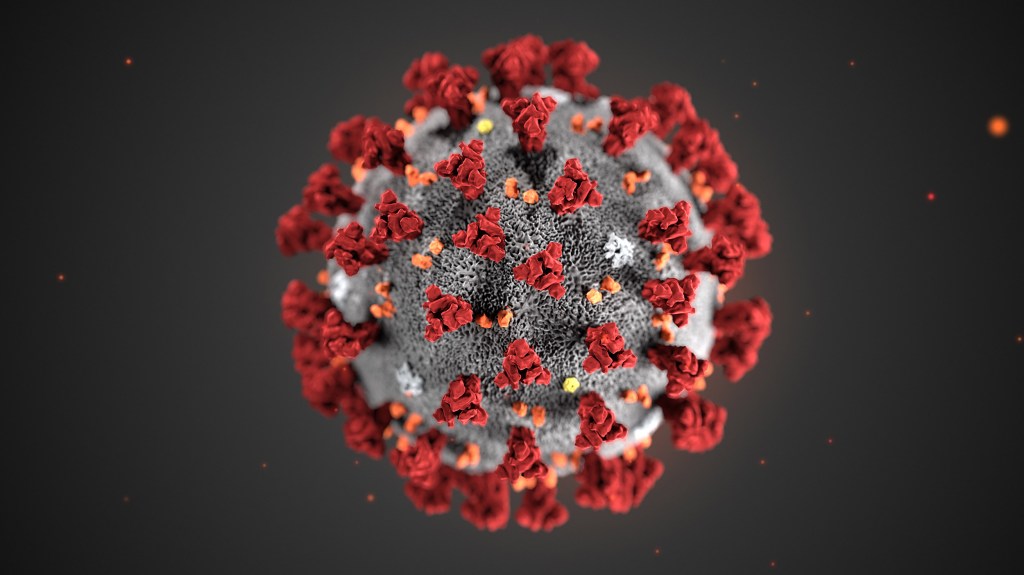
-
What we know — and don’t know — about the coronavirus outbreak
As the number of coronavirus cases rapidly grows, the Gazette spoke with Professor of Epidemiology Marc Lipsitch, an expert in the spread of infectious disease and director of the Center for Communicable Disease Dynamics.

-
Disinfecting your hands with ‘magic’
Harvard researchers have devised what they hope is a better way to disinfect hands, using tiny aerosolized nanodroplets of water and nontoxic disinfectants that not only leave hands sterile, but use so little water the hands stay dry.
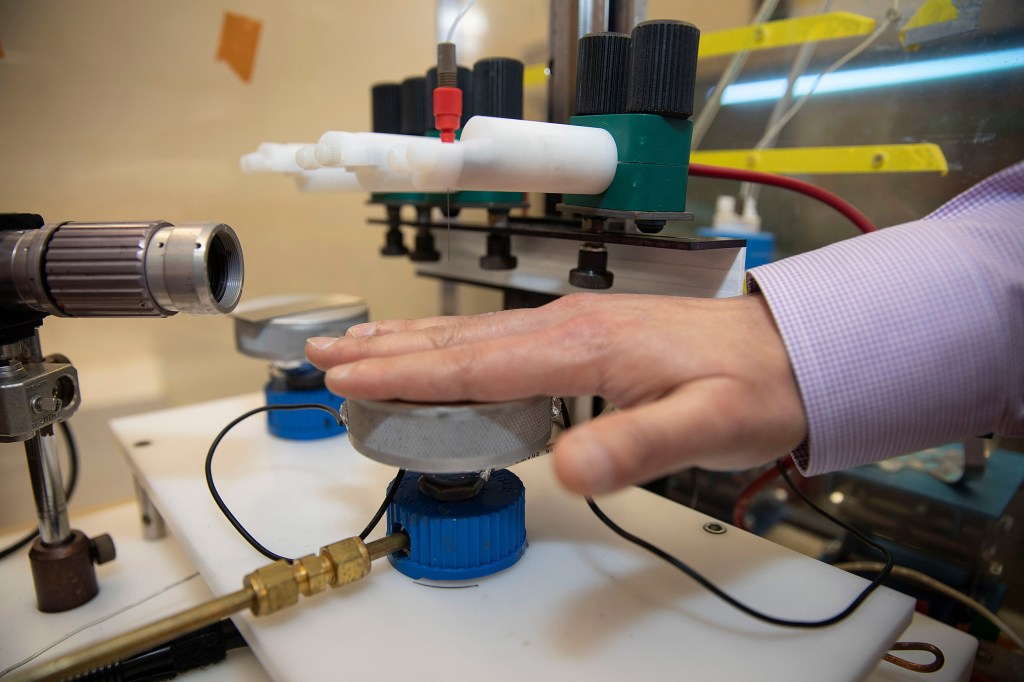
-
Super cool way to lose fat
The lab that invented cryolipolisis or “Coolsculpting,” a popular nonsurgical method for reducing fat under the skin, is developing a promising new form of the technology that can selectively reduce fat almost anywhere in the body using an injectable ice solution or “slurry.”
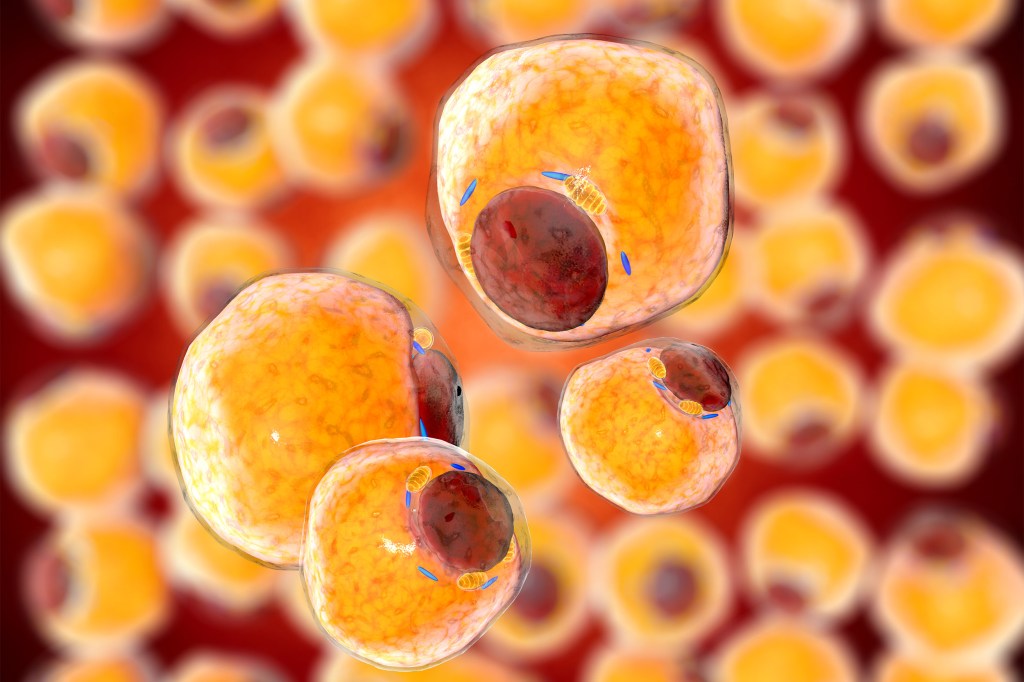
-
A solid vaccine for liquid tumors
A new study presents an alternative treatment for acute myeloid leukemia (AML) that has the potential to eliminate AML cells completely.
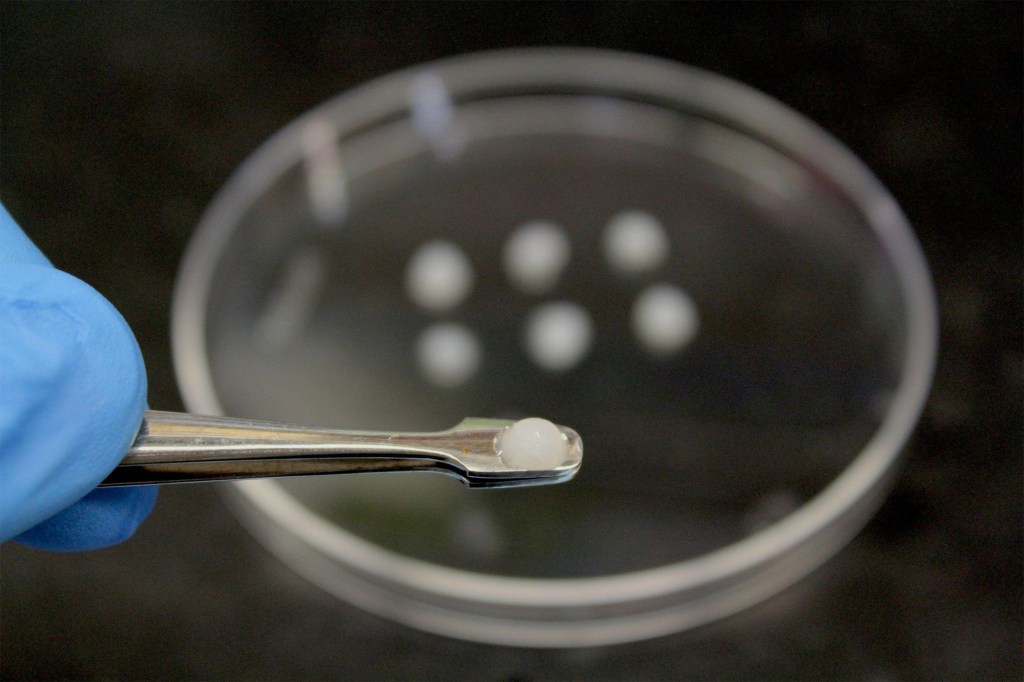
-
5 healthy habits to live by
A Harvard study has found that people who practice healthy habits at age 50 lived more years free of chronic diseases compared to those who did not practice any of these habits.
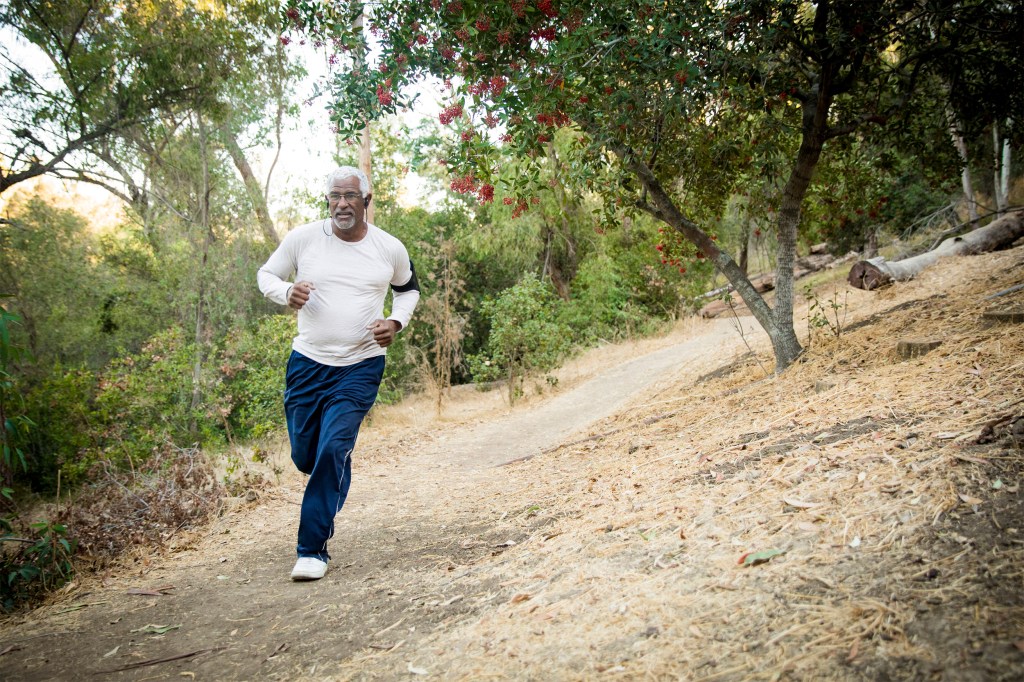
-
DNA damage linked to plastic additive
New findings shed light as to how DEHP, a common chemical in plastic, may impact human reproductive health.

-
Troubling predictions
Researchers predict a marked rise in American adults with obesity or severe obesity in 10 years, leaving several states with obesity prevalence close to 60 percent.
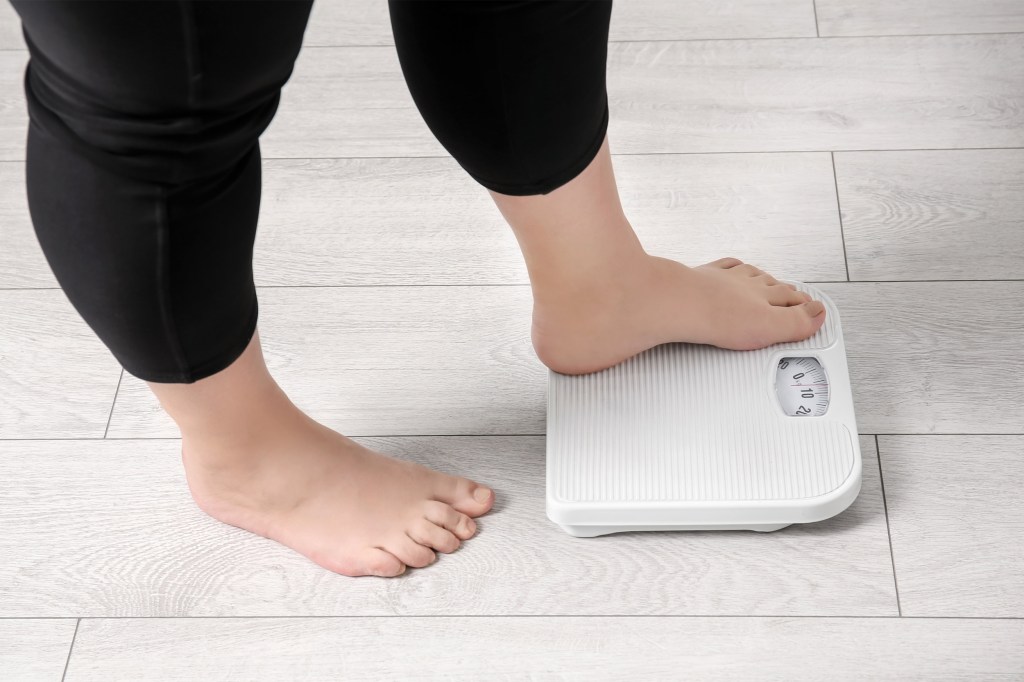
-
An algorithm to help predict Alzheimer’s
Researchers have developed a software-based method of scanning electronic health records to estimate the risk that a healthy person will receive a dementia diagnosis in the future.

-
Merry and bright?
Natalie Dattilo discusses how the holiday season can trigger the blues — and how to help avoid them.

-
Home hospital model reduces costs by 38%, study says
The first randomized controlled trial of the home hospital model in the U.S. reports improvements in health care outcomes while reducing costs by 38 percent.

-
Pediatric antibiotic exposure ‘alarming’
A new study has found that between 2007 and 2017, children in eight low- and middle-income countries received, on average, 25 antibiotic prescriptions from birth through age 5 — up to five times higher than the already high levels observed in high-income settings.
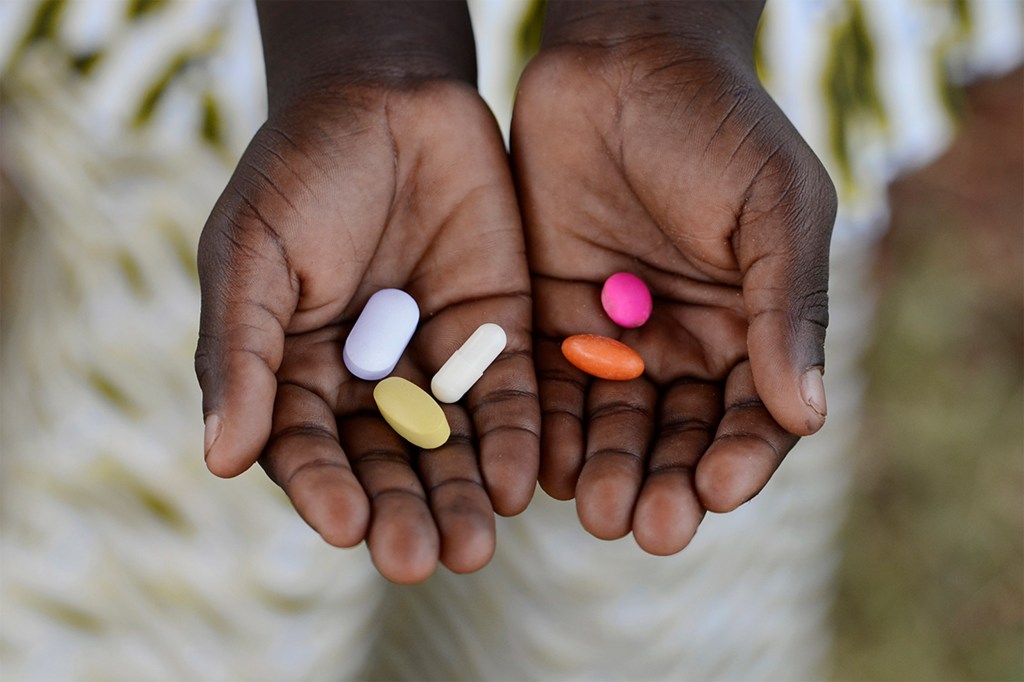
-
Fewer Americans are getting primary care
A national analysis revealed an alarming decline in primary care use, which is associated with better health outcomes than episodic, inconsistent care. The decline was most pronounced among younger Americans and those without complex medical conditions.

-
Psychology’s new openness to religion
A McLean psychologist has pioneered a program that aims to bring together two key emotional forces at work in patients’ lives: spirituality and counseling.

-
More than a watchdog
A study in mice shows the nervous system not only detects the presence of Salmonella in the gut but actively stops the organism from infecting the body by shutting the cellular gates that allow bacteria to invade the intestine and spread beyond it.
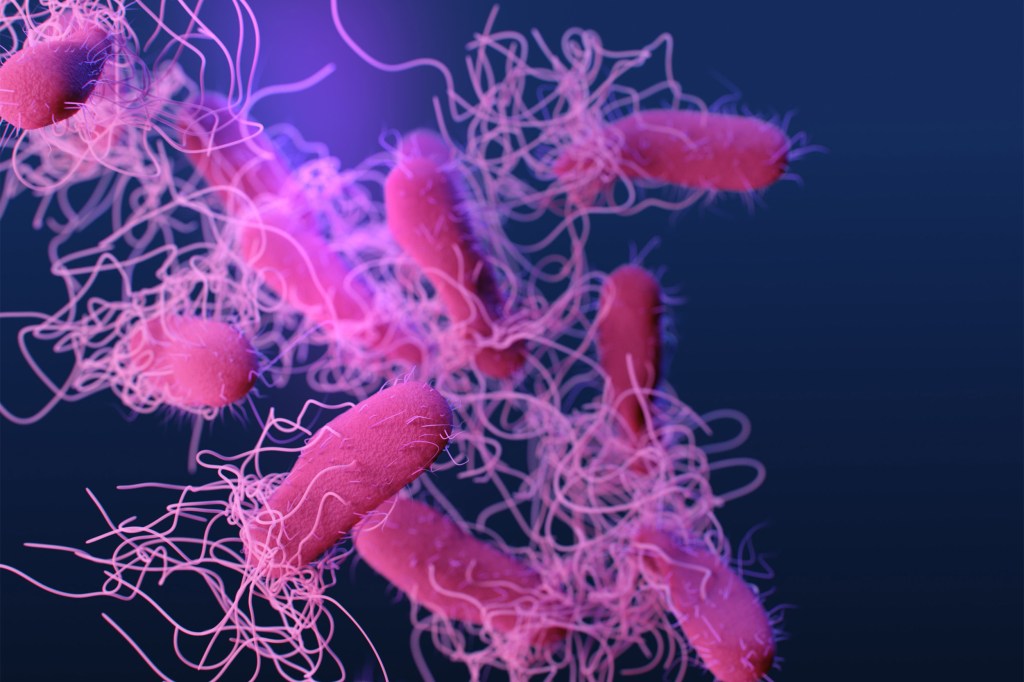
-
Inflammatory processes may play role in ALS
Accumulating evidence suggests that inflammatory processes may play a role in the initiation and progression of amyotrophic lateral sclerosis (ALS).

-
CAGEs lock up fats to treat obesity
Harvard researchers have found an orally administered liquid salt — choline and geranate — that can reduce the absorption of fats from food with no discernable side effects in rats, lowering total body weight by about 12 percent.
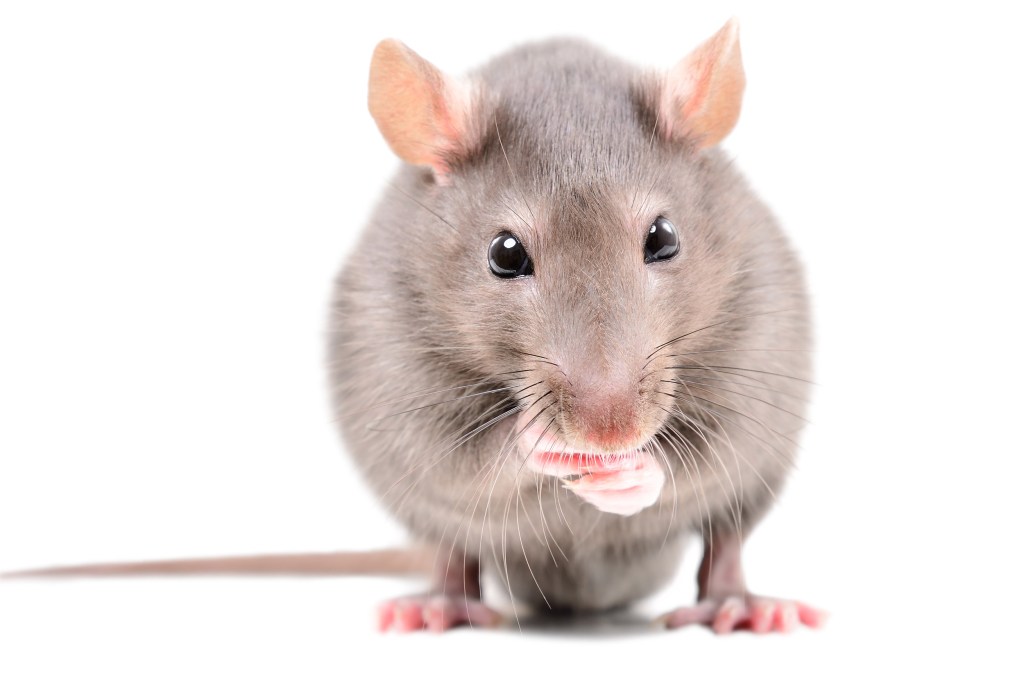
-
A gateway to eating disorders
Young women’s use of diet pills, laxatives for weight control linked with later eating disorder diagnosis.

-
A push to aid healthy aging
The National Academy of Medicine is mounting a Healthy Longevity Global Grand Challenge that seeks to boost innovation on healthier aging.

-
Harvard Chan School, Apple, and NIH launch women’s health study
Harvard Chan School, Apple, and NIH have officially launched a groundbreaking study that has potential to become the largest-ever study of women’s health.

-
Faster testing for illicit drugs
The landscape of the illegal drug trade changes constantly, particularly amid the current opioid crisis. Law-enforcement officers regularly find or confiscate pills, powders, and other substances and need to know…

-
Is eating red meat OK, after all? Probably not
Red meat recommendations and meat from plants: Chan School Nutrition Department head Frank Hu talks about recent developments in diet.

-
Exercise reduces chronic inflammation, protects heart, study says
A new study identifies a molecular connection between exercise and inflammation that takes place in the bone marrow and highlights a previously unappreciated role of leptin in exercise-mediated cardiovascular protection.
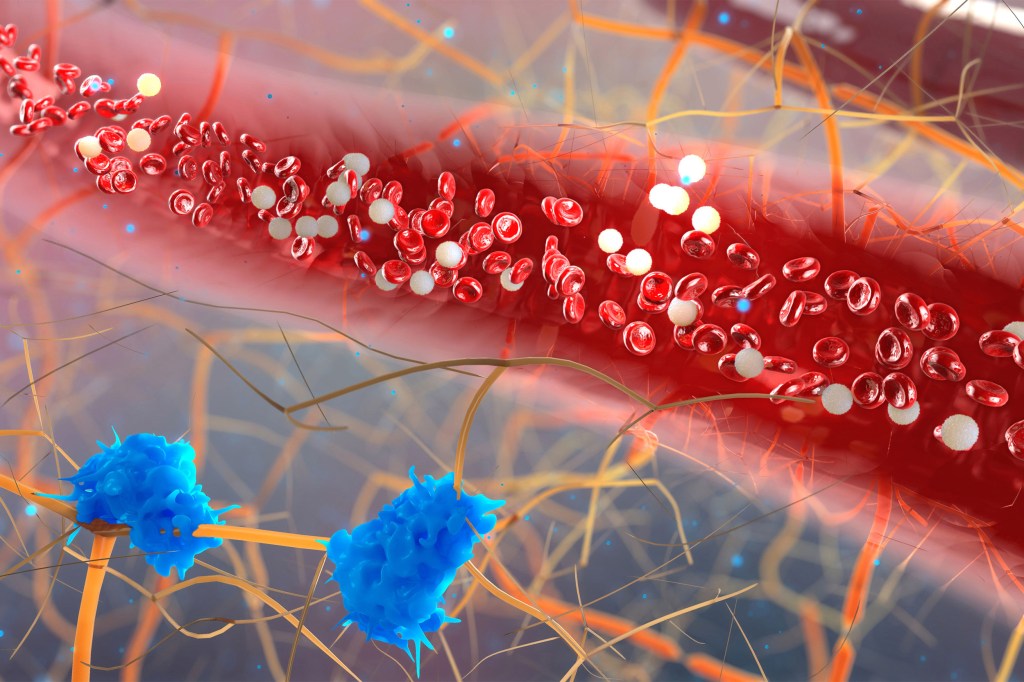
-
Lower risk of depression with elevated exercise
After mining millions of electronic health record data points, researchers found people who were more physically active at baseline were less likely to develop depression, even after accounting for genetic risks.


